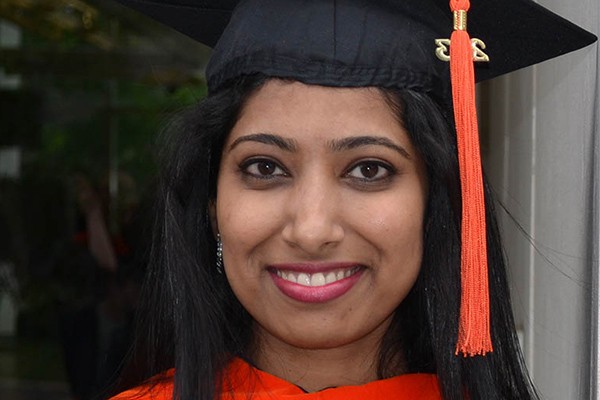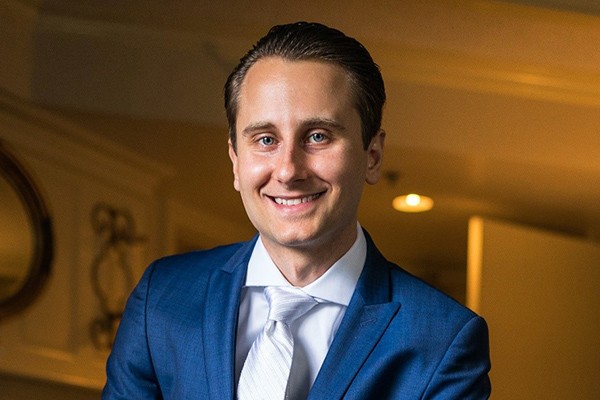ADMISSION CRITERIA
- Minimum GPA of 3.0 out of 4.00
- Two recommendations
- Minimum GPA of 3.25 out of 4.00 or equivalent.
- Minimum TOEFL score of 90 or IELTS score of 7.0
- Two recommendations
- Minimum GPA of 3.25 out of 4.00
- Two recommendations
- Satisfy the required BSEE courses or their equivalent (see below). The graduate equivalent of the following courses can be taken:
ECE-3220, Signal Processing: ECE-8231
ECE-3500, Electronic Materials & Devices: ECE-7500
ECE-3690, Engineering Electromagnetics : ECE-8675 or ECE-8670
ECE-4290, Energy System Models & Control: its EGR equivalent
If taken at the graduate level, a maximum of two of these courses can be transferred toward the MSEE degree (Provided no other courses from other institutions have been previously transferred)
Applicants with BS degrees in other engineering disciplines may also be considered on individual bases.
MAT 2500 – Calculus III : Parametric equations; polar, cylindrical, and spherical
coordinates; vectors and the geometry of space; vector functions (derivatives, integrals, curvature, etc.); partial derivatives; optimization; multiple integration and its applications; vector calculus (line integrals, vector analysis). Continued use of a computer algebra system.
MAT 2705 - Differential Equations: First order and linear second order differential equations, matrices and linear equation systems, eigenvalues and eigenvectors, and linear systems of differential equations.
PHY 2402 - Physics II Electricity & Magnetism: Electrostatics, DC Circuits, magnetism, and AC circuits. Designed for students in the College of Engineering.
ECE 2052 – Fundamental of Electrical Engineering I: Basic electrical concepts; dc circuit analysis; diodes and applications; signals and amplifiers; BJT transistor and switching circuits; energy storage devices. Required first course for CPE and EE majors. Three lecture hours and a two-hour practicum per week. (also EE 2053, Electrical Engineering I Lab)
ECE 2054 - Fundamental of Electrical Engineering II: Transient circuit analysis; ac circuit analysis; ac power; frequency response; resonance; complex frequency. Three lecture hours and a two-hour practicum per week. (also EE 2055, Electrical Engineering II Lab)
ECE 3500 - Electronic Materials & Devices: Physics of crystal structures, energy bands, Fermi level, charge carriers, the pn junction, and excess carriers. Devices: diodes, bipolar junction transistors and field effect transistors. Three lecture hours and a two-hour practicum per week.
ECE 3690 - Engineering Electromagnetics: Maxwell's equations, plane waves, dissipative media, reflection and transmission of waves at an interface, metallic and optical waveguides, transmission lines, linear and array antennas. Practicum includes computer projects, laboratory demonstrations and problem solving. Three lecture hours and a two-hour practicum per week.
ECE 3220 - Signal Processing: Signal representation, Fourier series, Fourier transform, discrete-time systems, convolution, discrete-time Fourier transform, Z-transform. Practicum includes MATLAB exercises on transform properties and their use in modulation and filtering. Three lecture hours and a two-hour practicum per week.
ECE-4290 - Energy System Models & Control: Modeling and analysis of electrical, mechanical, and electromechanical systems; open-loop and feedback systems; frequency domain models; state equations; linearization; time response; steady-state error; block diagrams and signal flow graphs; stability criteria; root locus method. Practicum includes laboratory experiments involving actual engineering systems. Three lecture hours and a two-hour practicum per week.


